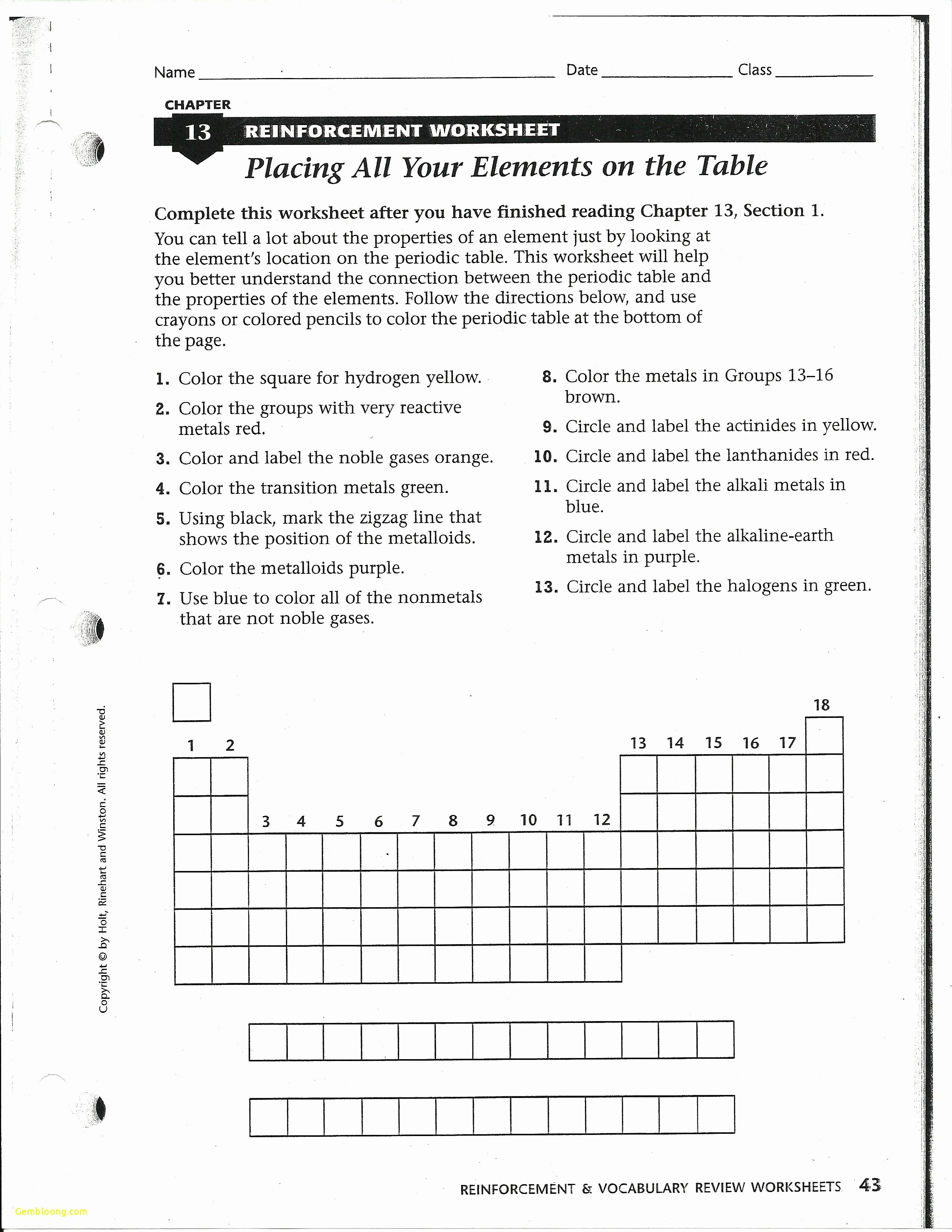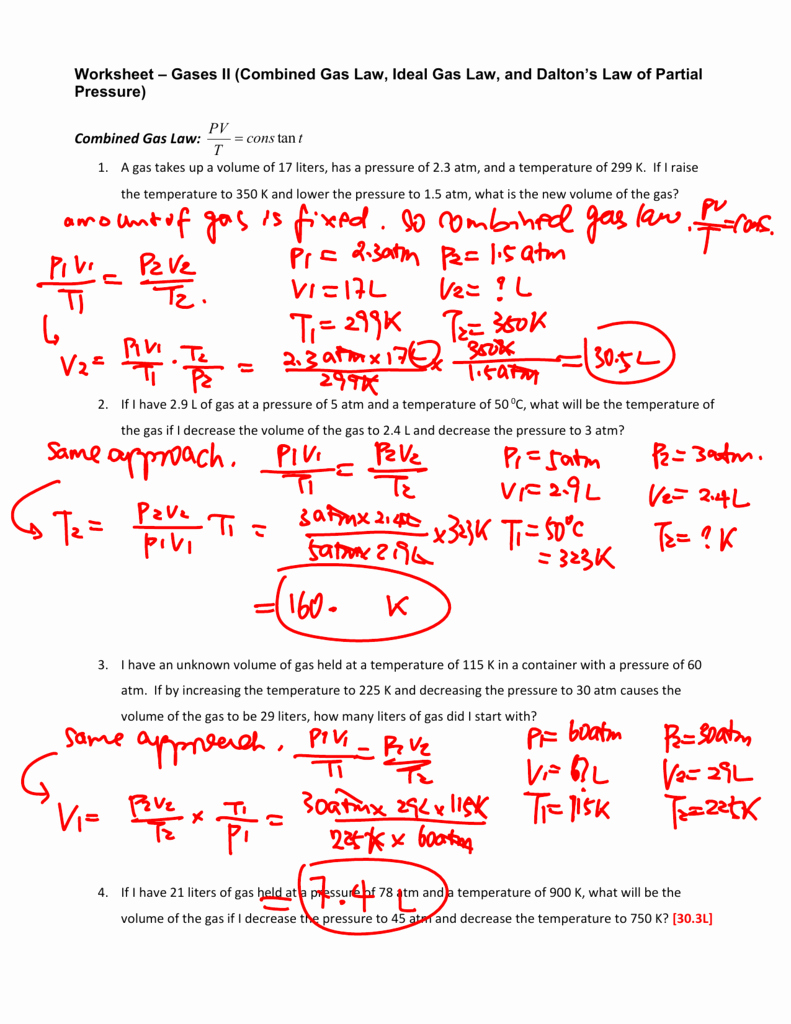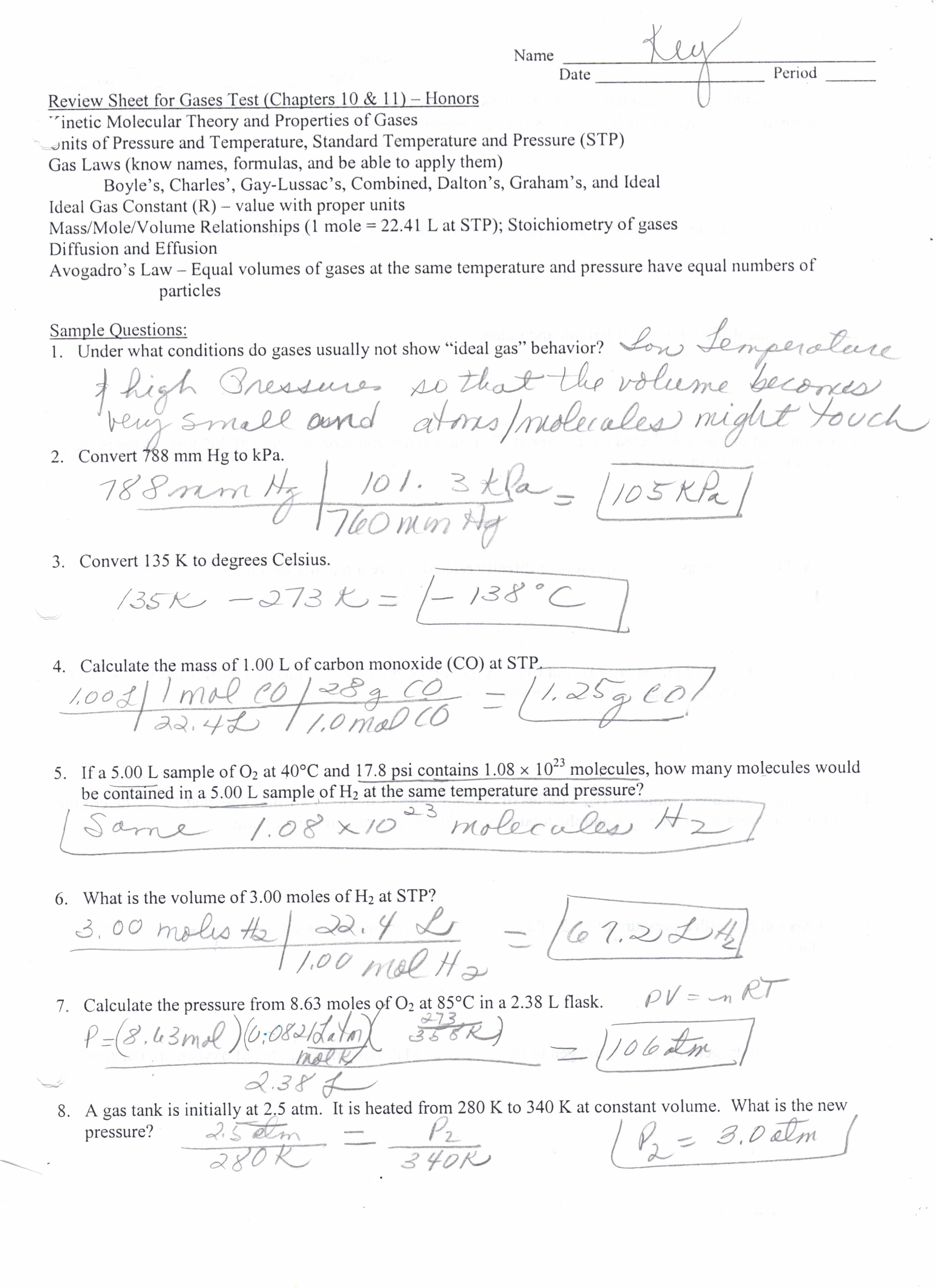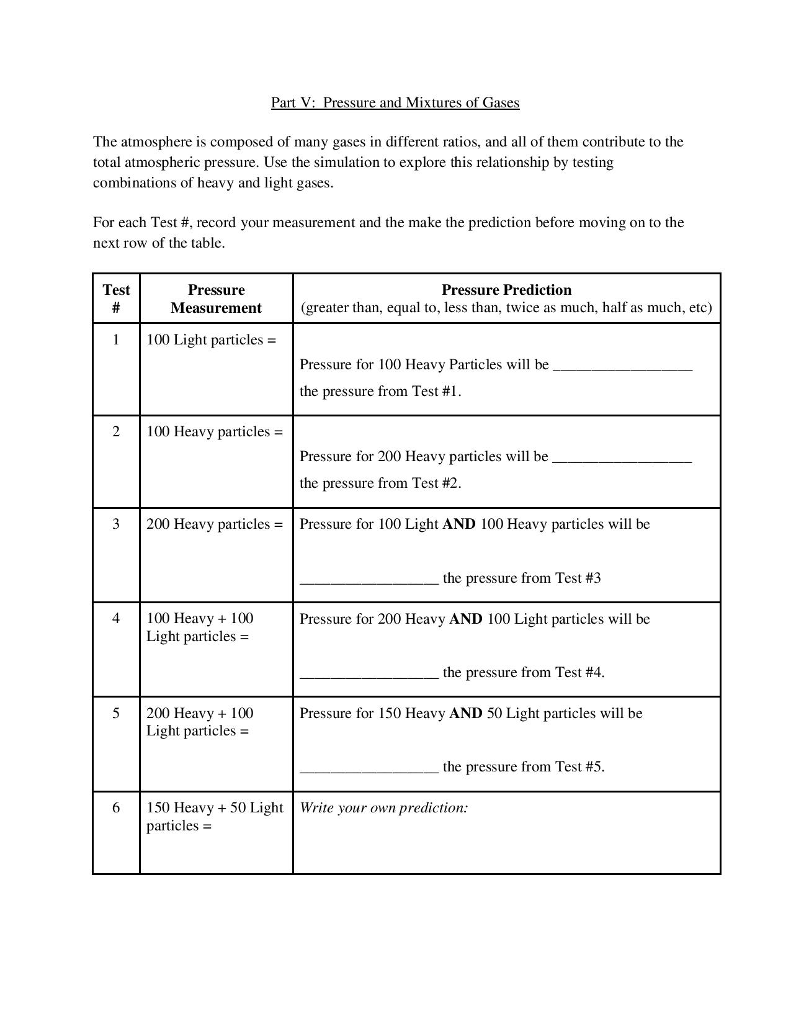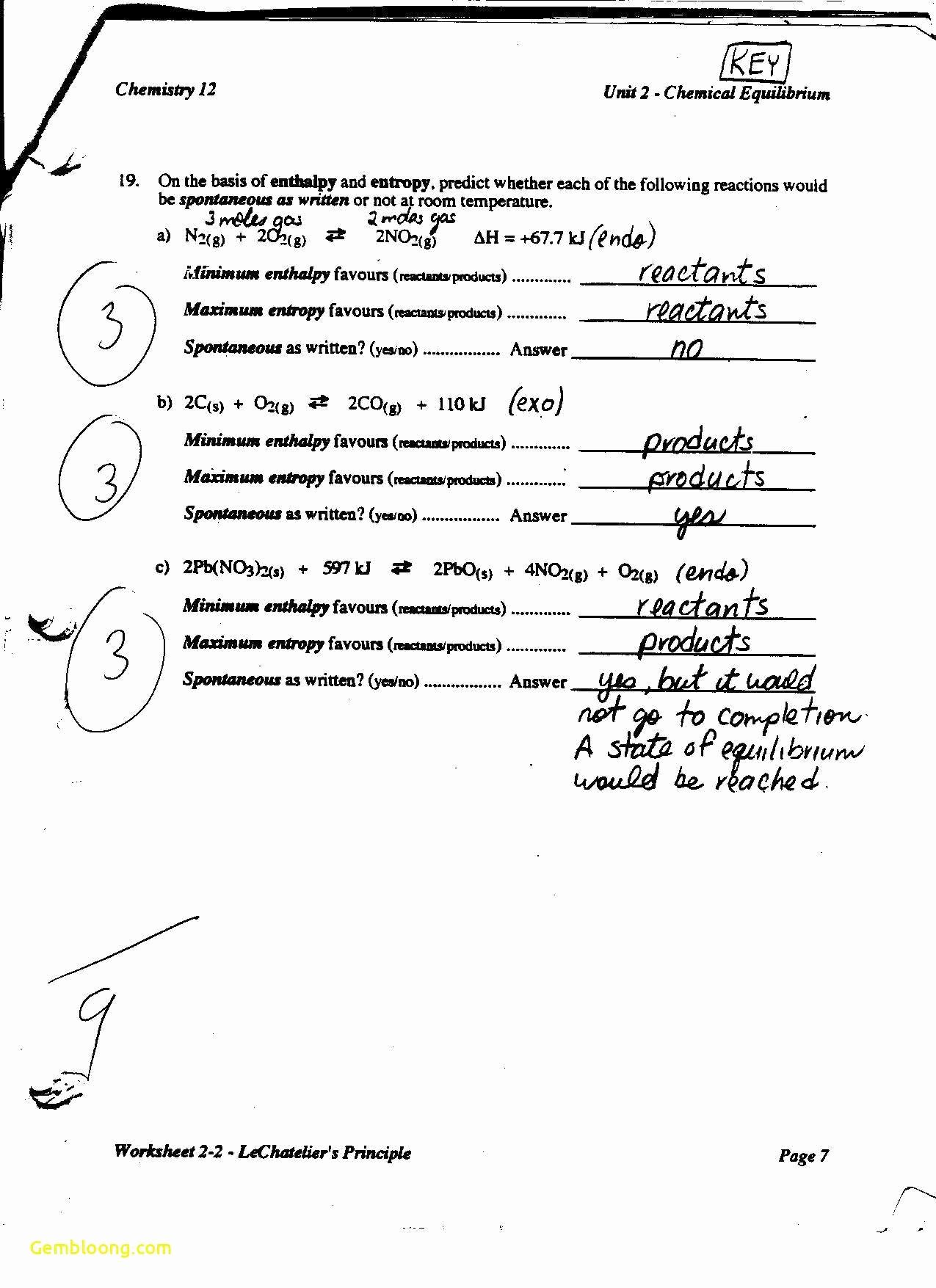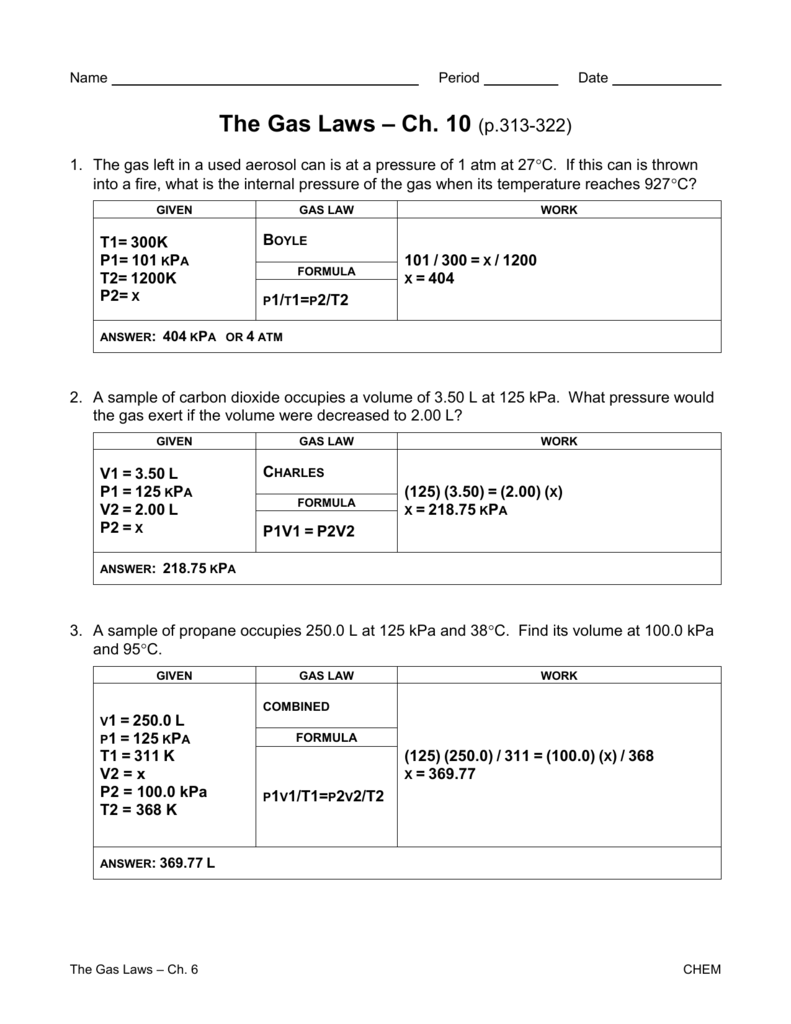Gas Variables Worksheet - What is the dependent variable? In this activity, you will explore four variables that quantify gases—pressure (p), volume (v), temperature (t), and moles (n) of gas. What are the controlled variables? Intro to gas laws student practice page instructions: A fixed quantity of gas at 23.0°c has a volume of 10.3 l. Calculate the volume the gas will occupy if the temperature is increased to 145°c while the. List the variables down the left side, solve the equation for the unknown variable and. Gas variables the following experiments will allow you to assess the.
What are the controlled variables? In this activity, you will explore four variables that quantify gases—pressure (p), volume (v), temperature (t), and moles (n) of gas. What is the dependent variable? A fixed quantity of gas at 23.0°c has a volume of 10.3 l. Gas variables the following experiments will allow you to assess the. Intro to gas laws student practice page instructions: Calculate the volume the gas will occupy if the temperature is increased to 145°c while the. List the variables down the left side, solve the equation for the unknown variable and.
A fixed quantity of gas at 23.0°c has a volume of 10.3 l. Intro to gas laws student practice page instructions: What are the controlled variables? List the variables down the left side, solve the equation for the unknown variable and. Calculate the volume the gas will occupy if the temperature is increased to 145°c while the. Gas variables the following experiments will allow you to assess the. In this activity, you will explore four variables that quantify gases—pressure (p), volume (v), temperature (t), and moles (n) of gas. What is the dependent variable?
Gas Variables Worksheets
Intro to gas laws student practice page instructions: What is the dependent variable? Calculate the volume the gas will occupy if the temperature is increased to 145°c while the. In this activity, you will explore four variables that quantify gases—pressure (p), volume (v), temperature (t), and moles (n) of gas. A fixed quantity of gas at 23.0°c has a volume.
50 Gas Variables Worksheet Answers
Gas variables the following experiments will allow you to assess the. A fixed quantity of gas at 23.0°c has a volume of 10.3 l. Intro to gas laws student practice page instructions: Calculate the volume the gas will occupy if the temperature is increased to 145°c while the. What is the dependent variable?
50 Gas Variables Worksheet Answers
A fixed quantity of gas at 23.0°c has a volume of 10.3 l. Intro to gas laws student practice page instructions: Calculate the volume the gas will occupy if the temperature is increased to 145°c while the. Gas variables the following experiments will allow you to assess the. What is the dependent variable?
Gas Laws Worksheet 1 Answer Key Worksheets, Printable worksheets
What are the controlled variables? Calculate the volume the gas will occupy if the temperature is increased to 145°c while the. Intro to gas laws student practice page instructions: List the variables down the left side, solve the equation for the unknown variable and. What is the dependent variable?
printable Solid Liquids and Gas worksheets for grade 1, 2, 3 Made By
Gas variables the following experiments will allow you to assess the. In this activity, you will explore four variables that quantify gases—pressure (p), volume (v), temperature (t), and moles (n) of gas. Intro to gas laws student practice page instructions: Calculate the volume the gas will occupy if the temperature is increased to 145°c while the. List the variables down.
50 Gas Variables Worksheet Answers
In this activity, you will explore four variables that quantify gases—pressure (p), volume (v), temperature (t), and moles (n) of gas. A fixed quantity of gas at 23.0°c has a volume of 10.3 l. Calculate the volume the gas will occupy if the temperature is increased to 145°c while the. What is the dependent variable? Gas variables the following experiments.
Combined Gas Laws Worksheet
Intro to gas laws student practice page instructions: In this activity, you will explore four variables that quantify gases—pressure (p), volume (v), temperature (t), and moles (n) of gas. What is the dependent variable? List the variables down the left side, solve the equation for the unknown variable and. Gas variables the following experiments will allow you to assess the.
Gas Variables Worksheet Answers
In this activity, you will explore four variables that quantify gases—pressure (p), volume (v), temperature (t), and moles (n) of gas. Intro to gas laws student practice page instructions: A fixed quantity of gas at 23.0°c has a volume of 10.3 l. List the variables down the left side, solve the equation for the unknown variable and. Gas variables the.
50 Gas Variables Worksheet Answers
Gas variables the following experiments will allow you to assess the. In this activity, you will explore four variables that quantify gases—pressure (p), volume (v), temperature (t), and moles (n) of gas. What are the controlled variables? Calculate the volume the gas will occupy if the temperature is increased to 145°c while the. Intro to gas laws student practice page.
Gas Laws Worksheet With Answers
Gas variables the following experiments will allow you to assess the. Intro to gas laws student practice page instructions: A fixed quantity of gas at 23.0°c has a volume of 10.3 l. In this activity, you will explore four variables that quantify gases—pressure (p), volume (v), temperature (t), and moles (n) of gas. What is the dependent variable?
Calculate The Volume The Gas Will Occupy If The Temperature Is Increased To 145°C While The.
What are the controlled variables? In this activity, you will explore four variables that quantify gases—pressure (p), volume (v), temperature (t), and moles (n) of gas. A fixed quantity of gas at 23.0°c has a volume of 10.3 l. List the variables down the left side, solve the equation for the unknown variable and.
Gas Variables The Following Experiments Will Allow You To Assess The.
Intro to gas laws student practice page instructions: What is the dependent variable?

